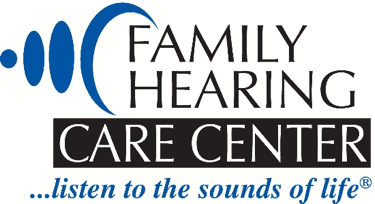
What to Look For in a Good Hearing Aid
Choosing the right hearing aid is essential for individuals with hearing loss to effectively communicate and engage with the world around them. With so many options available, knowing what to look for in a good hearing aid can be overwhelming.
Performance and Technology
The performance and technology of a hearing aid play a significant role in its effectiveness in addressing hearing loss. Look for hearing aids equipped with advanced digital signal processing technology, which can provide superior sound quality, speech clarity, and background noise reduction. Features such as directional microphones, feedback cancellation, and adaptive programming can further enhance your listening experience and improve speech understanding in various listening environments.
Comfort and Fit
Comfort and fit are paramount when choosing a hearing aid, as you’ll be wearing it for extended periods throughout the day. Opt for hearing aids that are lightweight, discreet, and ergonomically designed to fit comfortably in your ear canal or behind the ear. Consider factors such as the size and shape of the hearing aid, as well as the availability of customizable ear molds or domes to ensure a snug and secure fit.
Battery Life and Power Options
Battery life is another crucial consideration when selecting a hearing aid, as it determines how long you can use the device before needing to replace or recharge the batteries. Look for hearing aids with long-lasting battery life and efficient power consumption to minimize the need for frequent battery changes. Additionally, consider the availability of rechargeable options, which offer convenience and cost savings in the long run.
Programs and Features
Different listening situations require different settings and adjustments to optimize your hearing experience. Choose a hearing aid that offers a variety of programs and features to accommodate your lifestyle and preferences. Features such as telecoil compatibility, Bluetooth connectivity, and smartphone compatibility allow for seamless integration with other devices and enhanced accessibility in everyday activities.
Accessibility and User-Friendliness
Accessibility and user-friendliness are essential considerations, especially for individuals with dexterity issues or limited vision. Look for hearing aids with easy-to-use controls, intuitive interfaces, and compatibility with remote control or smartphone apps for convenient adjustment and customization. Additionally, consider the availability of telehealth and remote programming services, which allow for virtual consultations and adjustments without the need for in-person visits.
Price and Value
While price should not be the sole determining factor, it’s essential to consider the overall value and affordability of the hearing aid. Compare the cost of the hearing aid against its features, performance, and durability to ensure that you’re getting the best value for your investment. Additionally, inquire about financing options, insurance coverage, and warranty protection to mitigate any financial concerns and ensure peace of mind.
Selecting the right hearing aid involves careful consideration. By understanding what to look for in a good hearing aid and consulting with qualified health professionals, you can find a device that meets your specific needs.
